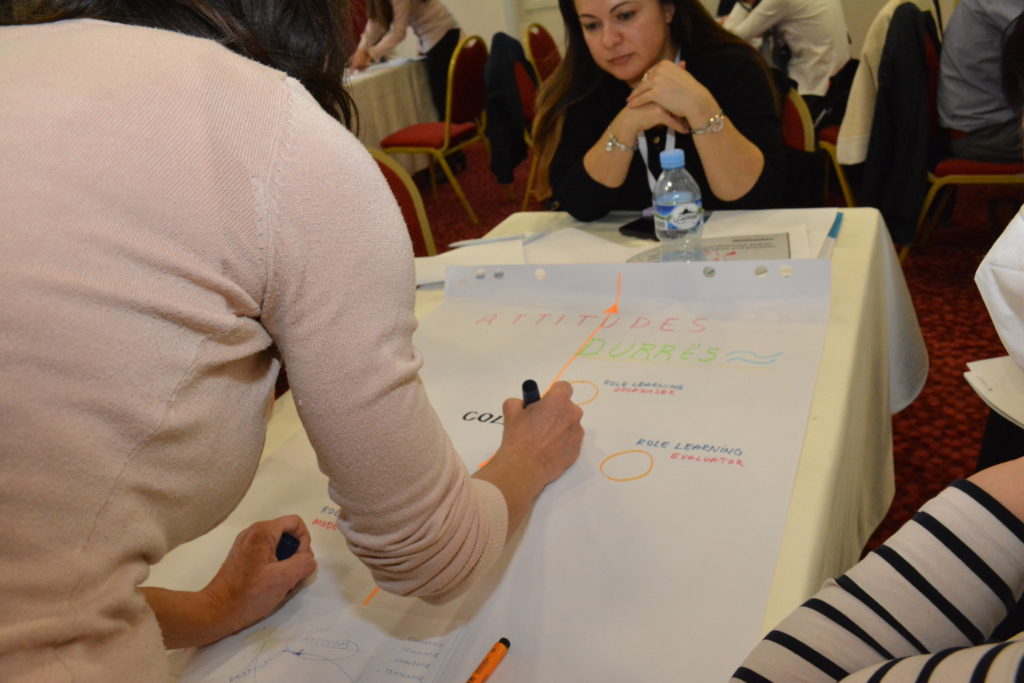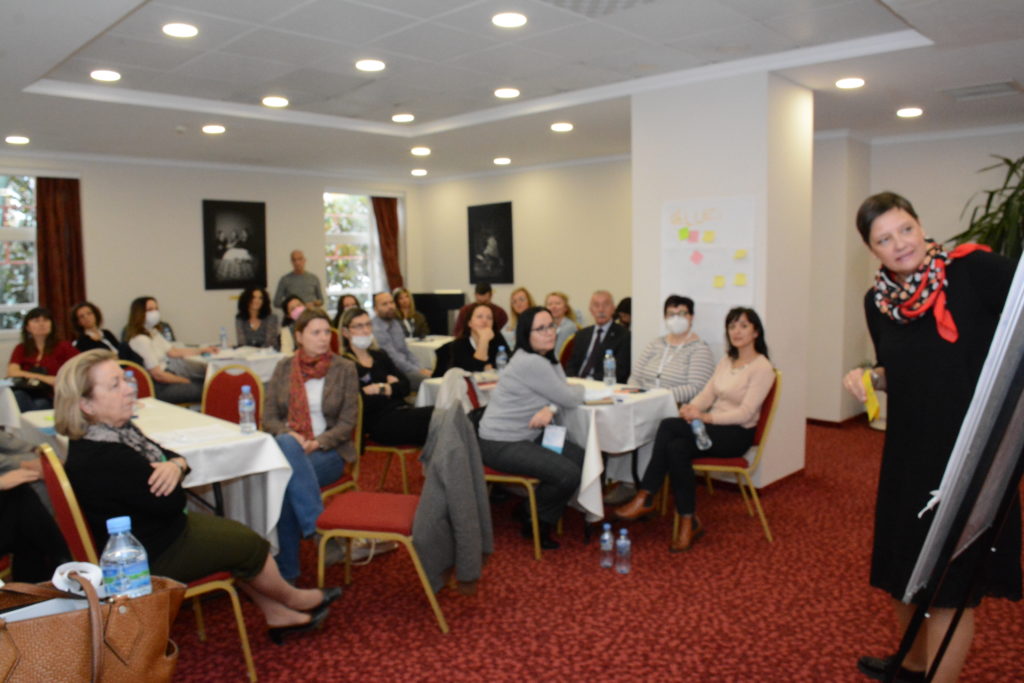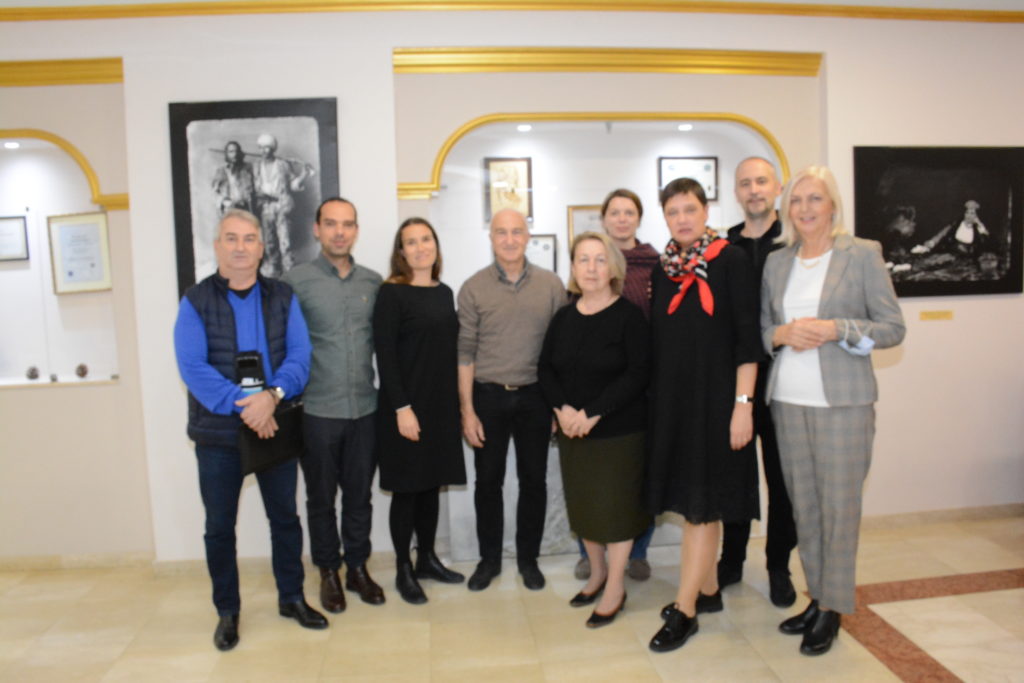16 new semester courses, increased practice time for teacher students and a strong network of universities working together to improve the teacher education in the region. Impressive results in the Western Balkans as the steering committee, universities and partners took stock of what has been achieved since its start in 2018.
After a long period of online meetings and webinars it was highly welcomed with a face-to-face workshop in Durres – bringing together the different stakeholders of the Preparing Future Teachers in the Western Balkans project. As the project period is nearing its end, it was time to look back at the “road taken” and what has been learned along the way.
As part of the regions efforts to move to a competence-based approach, reflecting values and principles such as democracy, participation and inclusiveness, the three-year capacity building project have supported educational changes in several ways. Building a network of cooperating universities has been an important part of the project´s success. Cooperation among higher education institutions in the Western Balkans has not been very common in the past, but through the project, a strong and vibrant learning community has developed, creating synergies and spin-offs beyond the original scope of the project.
The greatest lesson so far and most important experience is the possibility of working collaboratively with colleagues and associates from the region. It is a wonderful group who have dedicated their teaching and learning to create critical learning possibilities for their students, and to be change agents in their communities
Dr. Larisa Kasumagić-Kafedžić from the University of Sarajevo.
Another main aim has been to develop new semester courses that aims to give students increased practice time in real-life classrooms. The 16 courses developed so far contextualises human rights issues and democracy through various subjects such as social sciences, chemistry, mathematics, pedagogy and visual arts. All of them aim to train future teachers, giving them the tools they need for contributing to quality education at the schools. In Serbia, the semester course developed at Faculty of Philosophy at the University of Nis has resulted in a national programme which will be implemented in all 17 school districts in the country.
The project has also had a strong emphasis on practical teacher training at local schools, and a spin off project was developed in North Macedonia to train mentors in giving feedback and support to teacher students using the manual developed by the project in mentor training. The goal is to collect experience from the trainings into a report with recommendations for the North Macedonian educational reform.
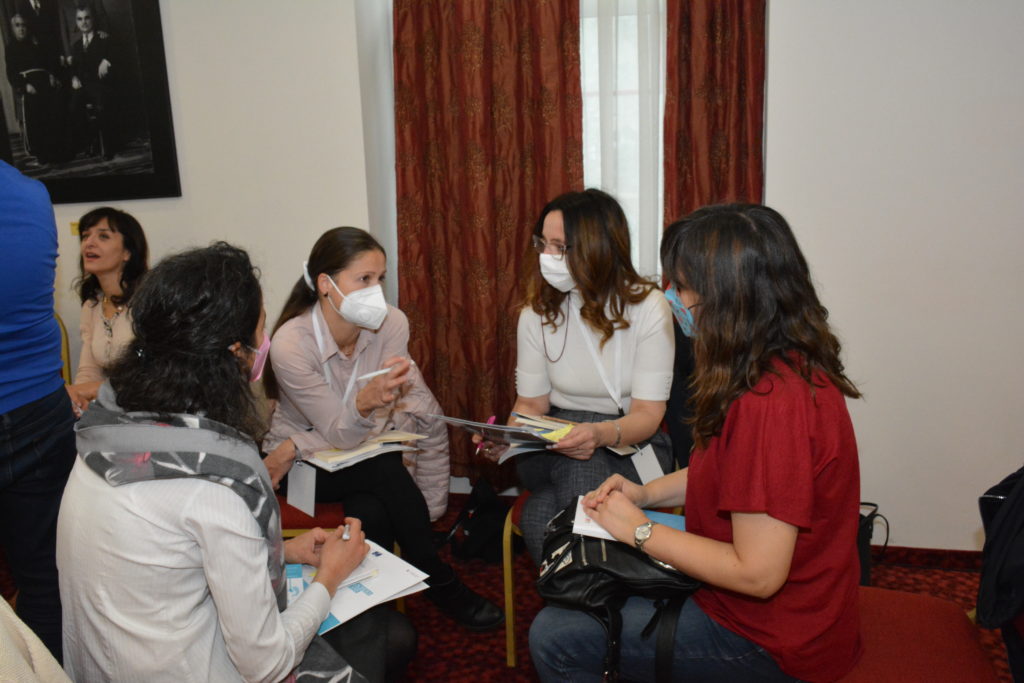
The workshop in Durres was also an opportunity to keep the network strong and connect the participants after a long period of online meetings. The peer learning is important in the project and this workshop gave new opportunities to discuss challenges, results and how to work for continued quality teacher training in the region.
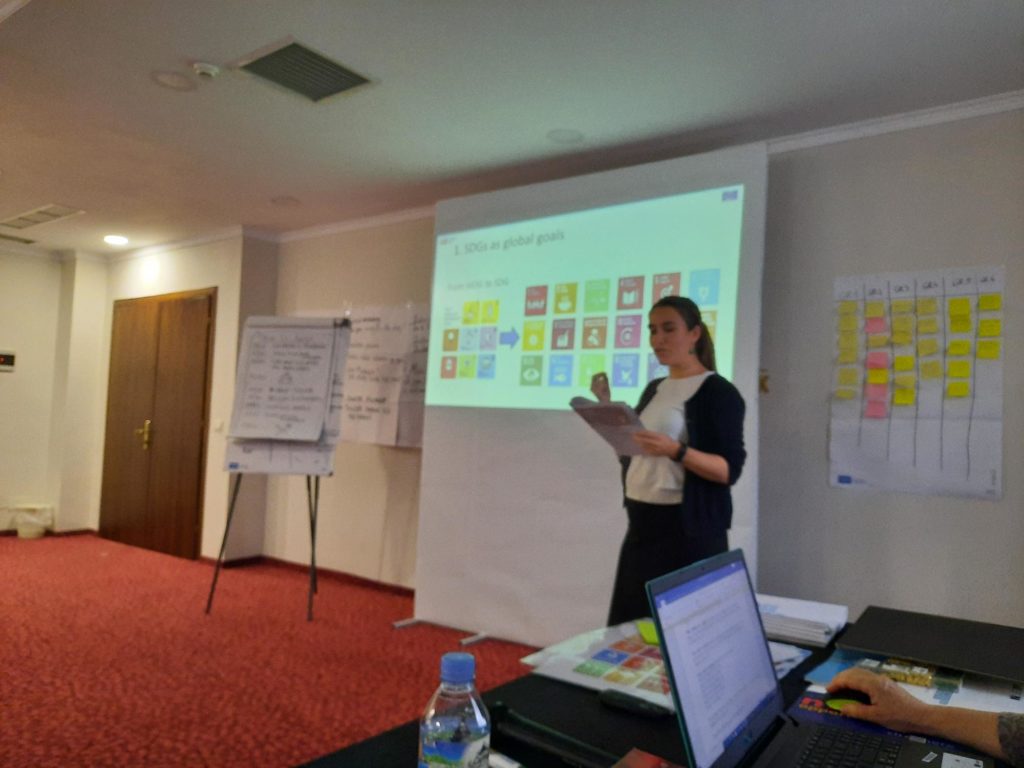
The educational reforms taking place in the region are closely linked to European educational standards and approaches. The Global Sustainable Development Goals (SDG’s) are also important for the Western Balkan countries. To go from the local, to the global, and see the connections between the work done in the project and the global framework encompassing 17 goals of sustainable development, was a fruitful exercise on the final day of the workshop. Each team ended up with a gigantic web of connections, giving a clear impression of what they have done on the local level impacting what is of importance for the 2030 Agenda and SDG´s.
The final conference will be held in Belgrade in March 2022.
